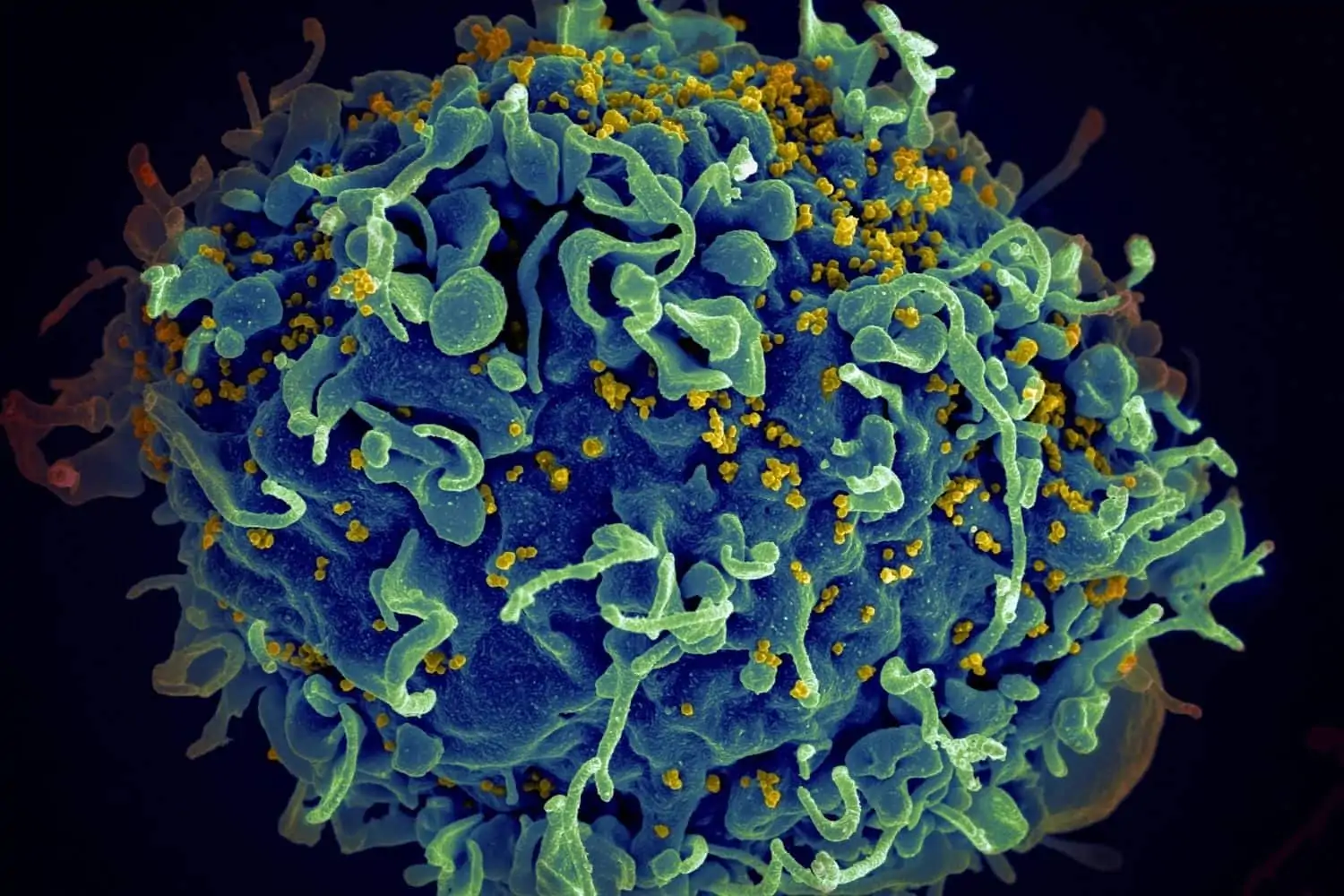On Thursday the biotech firm Moderna and the International AIDS Vaccine Initiative announced that testing in humans of an HIV vaccine has officially begun.
And despite all the research that has been done over the last four decades, doctors have yet to develop a safe vaccine against the virus that causes AIDS. However, with the use of mRNA technology, new hope has been found.
Thanks to the successful mRNA technology, Covid-19 vaccines were able to be developed in record time.
Phase 1 of the HIV vaccine trial is underway
The goal of the HIV vaccine that is being tested is to stimulate the production of “broadly neutralizing antibodies” (bnAbs). These antibodies can act against the many variants of HIV that are circulating today. Thus, the vaccine is meant to teach B lymphocytes to generate these antibodies.
Phase 1 of the trial is taking place in the US among 56 healthy adults who are HIV negative. Participants are injected win an immunogen and then a booster immunogen at a later stage.
And the immunogen is a substance that can trigger an immune response and will be delivered via mRNA technology.
“The induction of bnAbs is widely considered to be a goal of HIV vaccination, and this is the first step in that process,” Moderna and the IAVI said in a statement.
According to David Diemert, who is a lead investigator of the trial, this could be “the first key element” of an HIV vaccine.
“Further immunogens will be needed to guide the immune system on this path, but this prime-boost combination could be the first key element of an eventual HIV immunization regimen.”
ANNOUNCEMENT 📢: We are proud to announce that the first participant has been dosed in the Phase 1 study of mRNA-1644, our experimental #HIV #mRNA #vaccine candidate. Learn more about this exciting venture with @IAVI: https://t.co/apeIJpPbxz pic.twitter.com/1fON4j9hP7
— Moderna (@moderna_tx) January 27, 2022
The speed of the mRNA technology could be the answer
During the first trial last year, the immunogen was tested without employing mRNA technology. And “it showed that the desired immune response was triggered in dozens of people taking part in the research”.
The next step of the trial was to bring Moderna in with the new mRNA technique.
“Given the speed with which mRNA vaccines can be produced, this platform offers a more nimble and responsive approach to vaccine design and testing,” the Moderna-IAVI statement said.
“The search for an HIV vaccine has been long and challenging, and having new tools in terms of immunogens and platforms could be the key to making rapid progress toward an urgently needed, effective HIV vaccine,” said Mark Feinberg, the CEO of IAVI.
